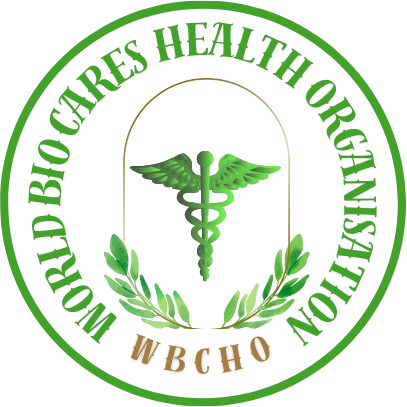AUTISM
Understanding Autism: A Journey Toward Inclusion and Awareness
Autism, also known as Autism Spectrum Disorder (ASD), is a complex developmental condition that affects how a person communicates, interacts socially, and experiences the world around them. It is called a "spectrum" because it varies widely from person to person — some individuals may require significant support in their daily lives, while others live independently and lead successful lives.
Causes and Diagnosis
There is no single known cause of autism. Researchers believe it results from a combination of genetic and environmental factors. Autism can sometimes be diagnosed as early as 18 months, but most children are diagnosed after the age of 2 or 3. Early signs include:
-
Limited eye contact
-
Delayed speech and language skills
-
Repetitive behaviors (e.g., hand-flapping, lining up objects)
-
Difficulty understanding social cues or emotions
Common Characteristics
Every person with autism is unique, but common characteristics include:
-
Difficulty with verbal and non-verbal communication
-
Strong preferences for routine and resistance to change
-
Sensory sensitivities (e.g., to lights, sounds, or textures)
-
Focused interests in specific topics or activities
Myths and Misconceptions
There are many misconceptions about autism, such as the belief that all autistic individuals have intellectual disabilities or that they don’t want social interaction. In reality, many autistic people are highly intelligent and do desire connection — they may just express it differently.
Support and Inclusion
Therapies such as speech therapy, occupational therapy, behavioral interventions, and educational support can significantly improve outcomes for autistic individuals. Just as importantly, creating an inclusive and accepting environment helps them thrive in school, the workplace, and the community.
The Way Forward
Raising awareness, breaking stereotypes, and promoting acceptance are crucial in supporting autistic individuals. Autism is not a disease to be cured — it is a different way of experiencing life. Embracing neurodiversity makes our world richer and more compassionate.


